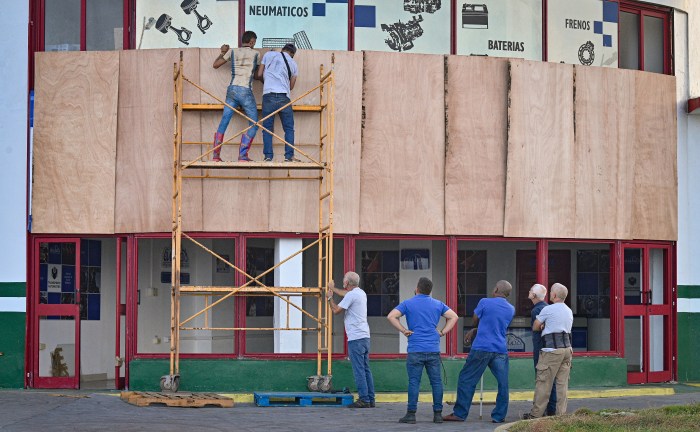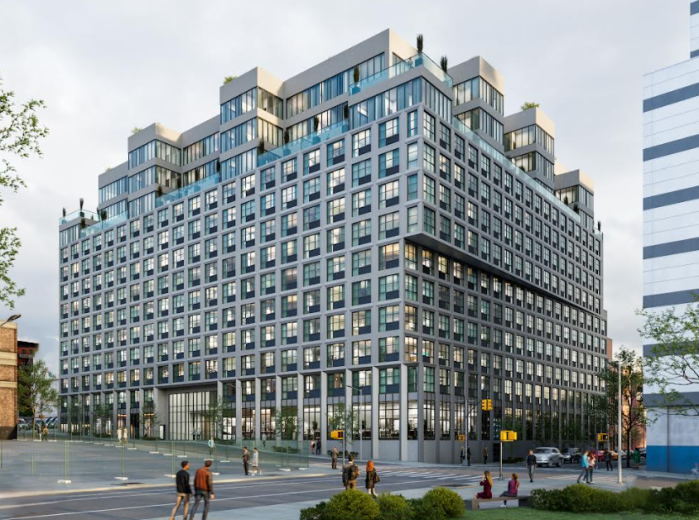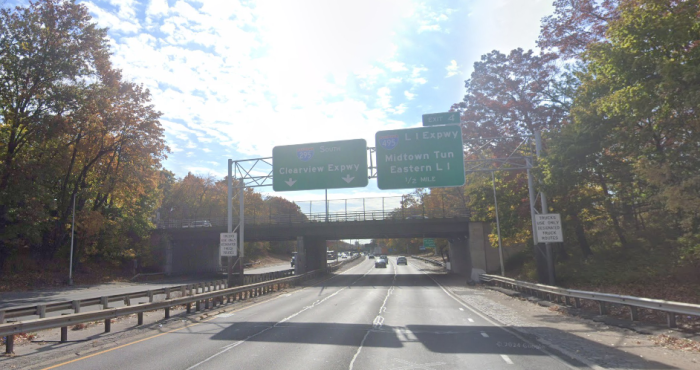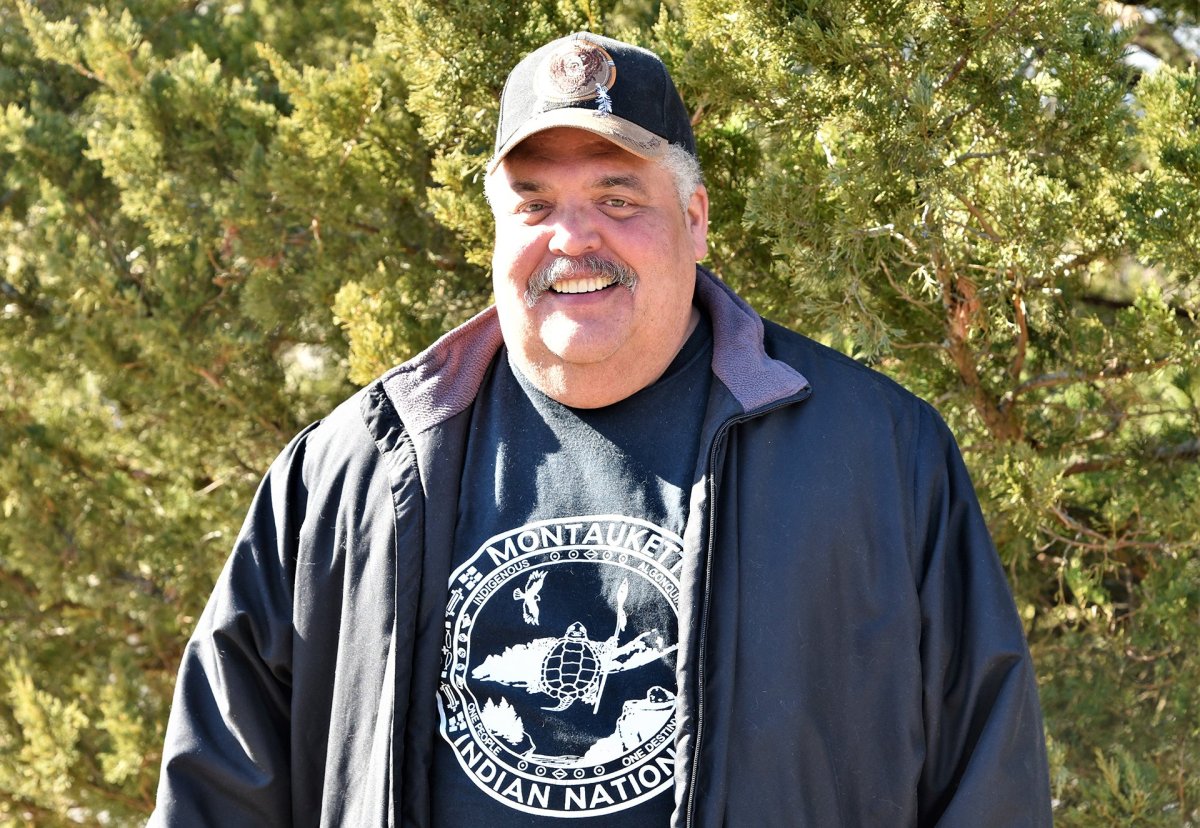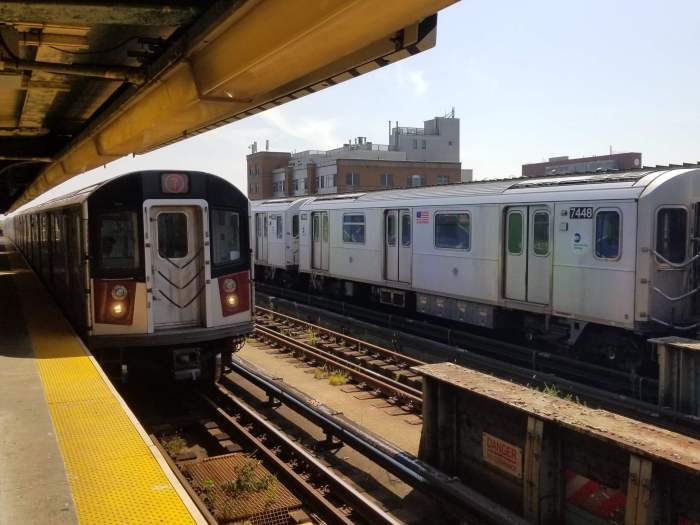HAVANA (AP) — Leaders from Latin America and the Caribbean began arriving in Cuba on Sunday to talk about poverty and inequality at a summit of a fledgling regional bloc formed as a force for integration and a counterbalance to the U.S.
The Community of Latin American and Caribbean States, or CELAC for its initials in Spanish, was formed in 2011 and comprises every nation in the Western Hemisphere except the U.S. and Canada.
Cristina Fernandez of Argentina, Evo Morales of Bolivia, Dilma Rousseff of Brazil and Michel Martelly of Haiti were among the government leaders arriving Sunday for the meeting. Lower-level officials began meeting over the weekend, and foreign ministers are taking the stage Monday. The formal meetings of heads of state begin Tuesday.
“From this summit will emerge more social policies for the liberation of our peoples,” Morales said at Havana’s international airport.
Nobody was a bigger advocate for the bloc than the late Venezuelan President Hugo Chavez, an outspoken critic of Washington seen by many as the standard-bearer for the region’s political left before he succumbed to cancer last March.
“It is the first summit after the death of Hugo Chavez, the great driving force” behind CELAC, said Eduardo Bueno, a professor of Latin American studies at Iberoamericana University in Mexico. “I think they are going to be measuring their possibilities for the future.”
The bloc was born out of discontent with the Organization of American States, which some see as dominated by Washington’s interests.
In recent years Chavez and others, including conservative presidents and U.S. allies such as Colombia’s Juan Manuel Santos, were united in their frustration that the OAS does not include Cuba, which was expelled in 1962.
Cuba’s suspension ended in 2009 with U.S. consent. President Raul Castro’s government applauded the move but quickly said it had no interest in being part of a group it calls a mechanism to effect U.S. regional dominance.
Miguel Tinker Salas, a historian of Latin America at Pomona College, said CELAC’s existence puts pressure on the Washington-based OAS to respond to the interests of the region’s countries if it is to remain relevant.
“The fact that nations as diverse as Venezuela, Colombia, Mexico or Brazil participate (in CELAC) … shows they give importance to this alternative process of integration,” Tinker Salas said.
Mexican President Enrique Pena Nieto is among the heads of state coming to Havana.
Jose Miguel Insulza, secretary-general of the OAS, was invited to the summit as an observer. U.N. Secretary-General Ban Ki-moon also confirmed his attendance.
Officially the summit will focus on poverty and social inequality, though side discussions could deal with areas such as trade and migration.
But it’s yet to be seen whether CELAC can become effective at solving regional issues, and analysts said the group needs to prove it’s more than an empty forum.
“The summits are in themselves symbolic,” Tinker Salas said. “They discuss agendas and themes, but their implementation is up to the member states.”


